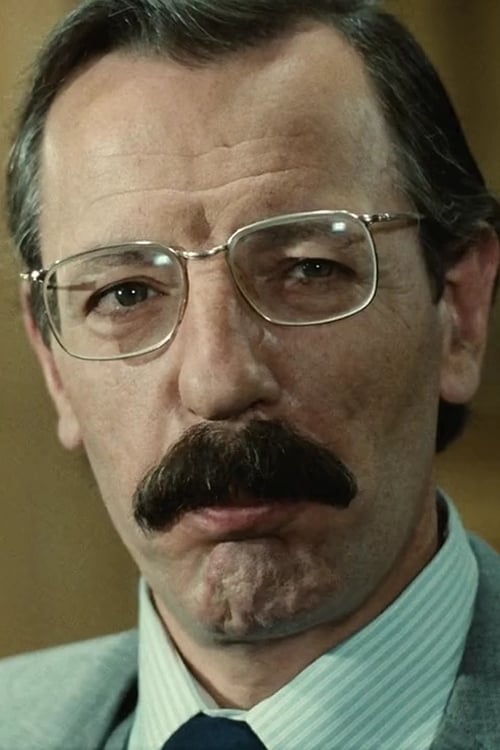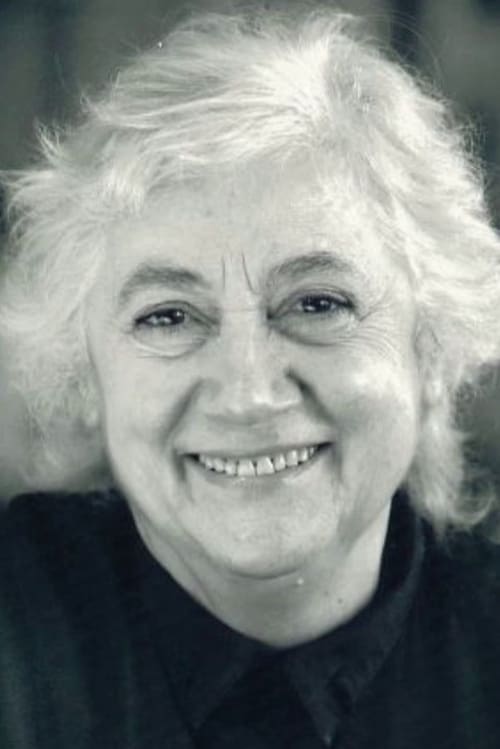Merette (1982)
Genre : Drama
Runtime : 1H 35M
Director : Jean-Jacques Lagrange
Synopsis
Merette is a pretty child, living within a patrician, strictly Calvinist family in the Switzerland of the 19th century. She is happy, until her mother dies, and Merette blames God, and gives up her religion. Her family turns against her, the villagers reject her, and her priest drives her into isolation.

A story about a strange friendship between 11 years old Maria and an older man Jon.

Edyta is forty and in the midst of a crisis. She has left her family, her husband and son and their house on the Baltic Sea behind her. She spends her nights in a Warsaw hotel room and her days driving around the unfamiliar city. When she runs out of cash, she hatches a plan: An ad in the newspaper – sex for money. Edyta never lets things get that far though, as she drugs her clients and then uses their apartments as a refuge for the night. Then she meets an artist, Patryk. A smidgen of luck and Edyta can no longer maintain her dismissive attitude. In this enthralling character study, Tomasz Wasilewski uses filmic minimalism to ensure that glances and gestures say more than words. He portrays a lonely woman in both fragility and strength, using precise image composition.
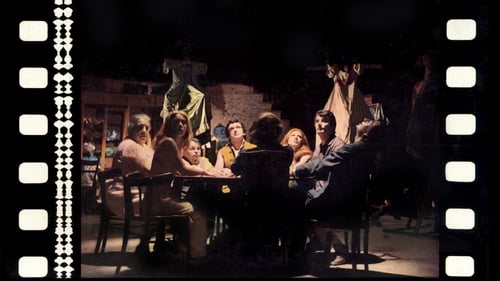

Pavel, a young student living in Prague in 1942, hides a Jewish girl in his apartment building's attic. Amidst the brutality of the occupying German army, love blossoms between the two. He is her only link to the outside world. Then the two are discovered by Pavel's mother, who forces the residents of the apartment building to decide whether Hana can remain.

Residents of a big city, each of whom has their own sexual problems and desires, secret and, most often, shameful from the point of view of society, need to solve them. Each of the characters tries to solve their problems in their own way: someone sublimates them, someone turns to a psychotherapist for help, someone rushes into experiments... but sooner or later they all return to where they started, and they have to overcome themselves again and again to get at least a little, even a millimeter closer to their happiness.
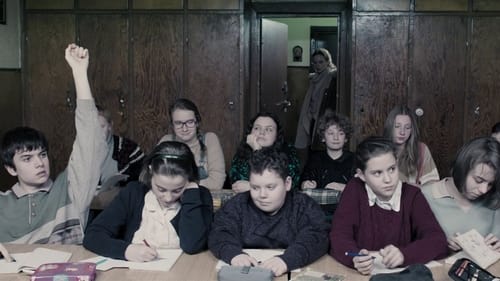
Poland, 1990. The first euphoric year of freedom, but also of uncertainty for the future. Four apparently happy women of different ages decide it's time to change their lives, and fulfill their desires.

A young restorer is commissioned to save a fresco representing the suffering of St. Sebastiano, which was painted on the wall of a local church by a mysterious, long-dead artist.

Judge Gwen Warwick becomes involved in the murder trial she has been assigned. Her marriage is on the rocks and the murder victim is an old friend, who rumour has it, had an affair with her.

An alcoholic artist, who may in fact have been driven to murder, seeks inspiration from a mannequin.

Hanka is a young woman who suddenly abandons her stable life for no obvious reason, and undertakes a trip without any clear destination, meeting strangers on her way. At the same time, her boyfriend desperately tries to find her.

The footloose ennui of Poland’s postwar generation is captured to perfection in this jazzy chronicle of a draft-dodger’s final day of freedom. A slacker before there was a word for it, Andrzej (played by Skolimowski himself) drifts through a series of open-ended encounters with women following a wake-up argument with his pouting wife, and a long-delayed military physical (the film’s title derives from one of the questions). Skolimowski hoarded four years’ worth of the annual film footage allotment from his Lódz film school in order to create this first feature marked by compositional bravado and a trademark air of the absurd. -Barbara Scharres, Gene Siskel Film Center

Jan Saudek, Czechoslovakia’s most famous living photographer, is the subject of this often-shocking kaleidoscopic biopic by friend and colleague Adolf Zika. With an unblinking eye, Zika chronicles the drama-filled life and work of a controversial artist who, though little-known in the United States, has enjoyed international acclaim throughout his fifty-year career

A dashing young Italian in Poland finds himself caught between two women — a novitiate nun and a ruthless corporate ladder-climber — in this lacerating vision of contemporary Poland from master filmmaker Krzysztof Zanussi.

"I am" tells the story of Kundel, a boy searching for his place in life, his identity. After running away from an orphanage where he is treated as an outcast among outcasts by both his peers and the adults in charge, and being rejected a second time by his alcoholic mother, who had earlier abandoned him, the resolute 11-year-old finds a "home" on a deserted old barge on the outskirts of his hometown. He is still an outcast, but he is an outcast on his own terms, rejecting both patronizing charitable gestures and coercion by local thugs. In the process he makes one true friend, a girl from an affluent family who is also an outcast, despite living in material comfort.
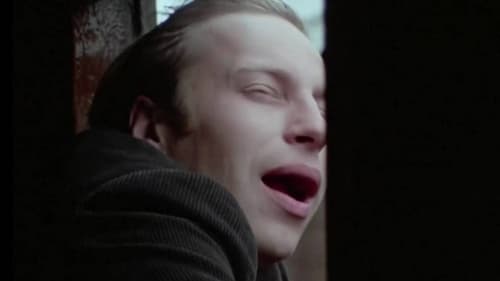
A young man in his twenties leaves prison after a three-year sentence. He wants to start a new life in a place where he is not known and dreams only of a job, a wife and a family. He succeeds partially in fulfilling these dreams, but then runs into a conflict on a construction job between the corrupt boss and fellow workers secretly planning a strike. He becomes a pawn in one camp while remaining true to his ideals in the other. Filmed in 1976 and shelved for five years.
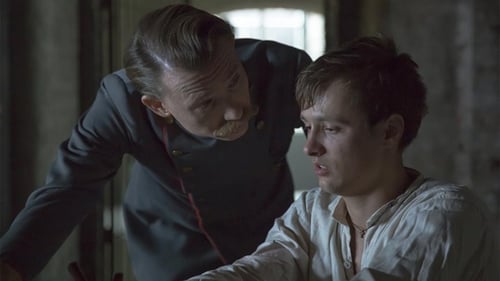
At the end of the 19th century, somewhere in the outskirts of the Russian Empire, a doctor administers a lethal overdose of ether to a young woman – the object of his desire. After getting away with his crime, he finds employment in a fortress, where he continues his experiments with ether to manage pain and manipulate human behaviour. Despite his evilness, it is not too late for his soul to be saved from eternal damnation…
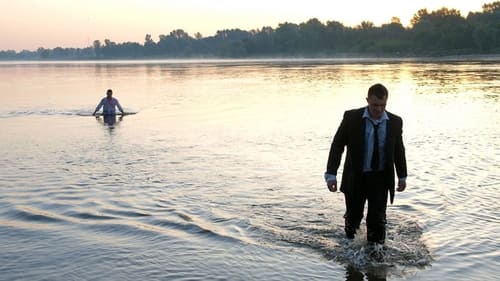
Michal has what he always dreamed of: a beautiful wife named Magda, a newborn son, his own firm. He chooses an old friend, Janek, to be the godfather of his child. This is just the beginning of Michal's plan, who asks his friend to take an interest in his wife... At the beginning the plan works out, but it becomes increasingly difficult for Michal to come to terms with it. Michal knows his deeply hidden past will inevitably come back to him, and Janek will have to make a decision, of which he will never forget the consequences.

My Flesh and Blood is a 2003 documentary film by Jonathan Karsh chronicling a year in the life of the Tom family. The Tom family is notable as the mother, Susan, adopted eleven children, most of whom had serious disabilities or diseases. The film itself is notable for handling the sensitive subject matter in an unsentimental way that is more uplifting than one might expect.

After spending some time in a hospital, Ewa returns to her Polish village to work on a wild rose plantation. Her family situation gets increasingly complicated, however, as her husband returns home from abroad, while it is revealed that Ewa has had an affair with a high-school-aged boy. Meanwhile, her relationship with her two children is strained, in particular with the headstrong Marysia, who is approaching her first communion. As things pile up for Ewa, she starts to realize that the time has come to make some difficult decisions.
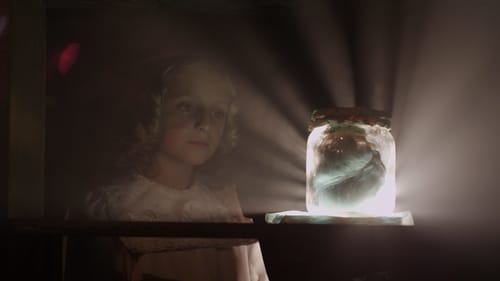
A visionary romance based on a contemporary reading of Dante.


